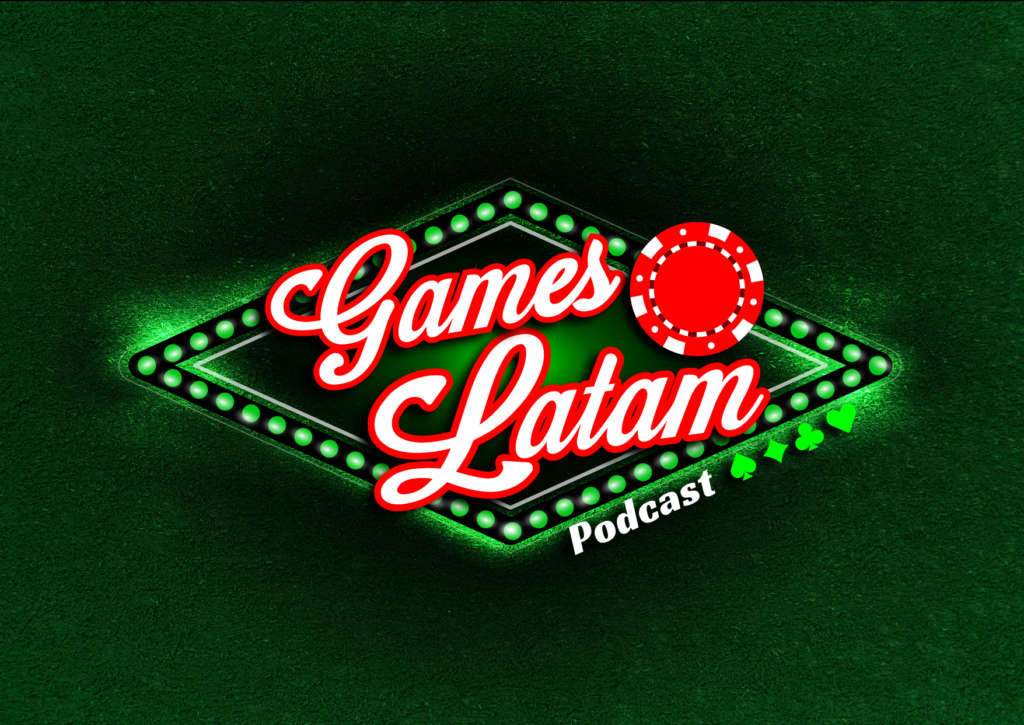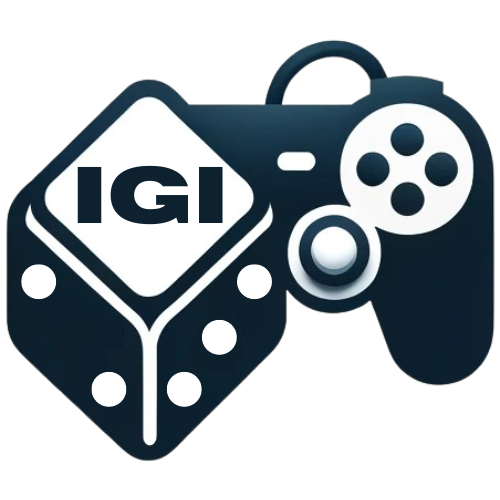The Tipping Point in Germany’s Gambling Landscape
In 2023, Germany’s sports betting sector faced a pivotal challenge. The German Sports Betting Association (DSWV) raised the alarm over the burgeoning black market, which now captures about 50% of all online gambling activity in the country. This surge comes at the cost of licensed operators, who witnessed a 5.4% dip in stakes, amounting to €7.7 billion. The heart of the issue lies in the restrictive State Treaty on Gambling, which has inadvertently made unlicensed offerings more appealing to players.
The Regulatory Straitjacket
The State Treaty on Gambling, enacted in 2021, was designed to safeguard players and ensure fair play. However, its stringent restrictions, including a ban on live betting and limitations on advertising, have pushed gamblers towards the more permissive black market. This shift not only undermines the regulated market but also jeopardizes player protection measures.
The Advertising Dilemma
A significant bone of contention is the treaty’s tight grip on advertising. With severe limitations on marketing avenues for licensed operators, the DSWV argues that these constraints blur the lines between legal and illicit gambling services, steering players towards unregulated platforms.
The Call for Reform
As Germany prepares to host the UEFA European Championships, the DSWV urges the Joint Gaming Authority of the States (GGL) to recalibrate the regulatory framework. By easing restrictions and creating a more competitive landscape for licensed providers, Germany can reverse the tide of players drifting to the black market.
The Study Speaks: Alarming Trends
A DSWV-commissioned study underscores the gravity of the situation. Despite the treaty’s intent to channel players towards regulated offerings, only 50.7% of gambling activities are with licensed operators. The rest is split between unlicensed EU and offshore providers, highlighting the urgent need for policy adjustments.
The Path Forward: Striking a Balance
To combat the black market’s allure, Germany must find a middle ground that protects players while ensuring that licensed operators can compete effectively. This includes revisiting advertising restrictions and expanding the betting options available through regulated channels.
Conclusion: Charting a Course for Change
Germany stands at a crossroads in its battle against black market betting. By listening to the concerns of the DSWV and embracing regulatory flexibility, the country can safeguard its gambling ecosystem. The goal is clear: to create a regulated market that is both secure and appealing to players, curtailing the black market’s expansion and ensuring the integrity of sports betting in Germany.
Endnote
The rise of black market betting in Germany is a clarion call for regulatory evolution. As the DSWV champions the cause for reform, the eyes of Europe and the world are on Germany to lead the way in creating a gambling environment that balances player protection with market viability.
The post Germany’s Struggle Against the Rising Tide of Black Market Betting appeared first on Gamingo News.
The Tipping Point in Germany’s Gambling Landscape In 2023, Germany’s sports betting sector faced a pivotal challenge. The German Sports Betting Association (DSWV) raised the alarm over the burgeoning black market, which now captures about 50% of all online gambling activity in the country. This surge comes at the cost of licensed operators, who witnessed
The post Germany’s Struggle Against the Rising Tide of Black Market Betting appeared first on Gamingo News.
Participe da IGI Expo 2026: https://igi-expo.com/











